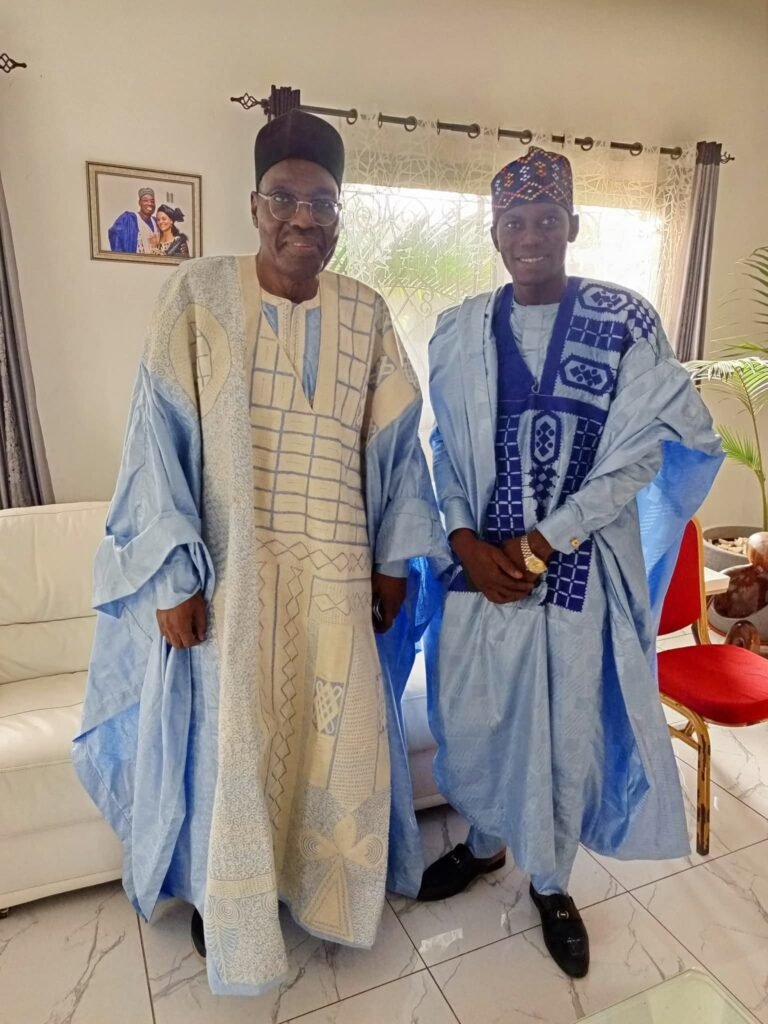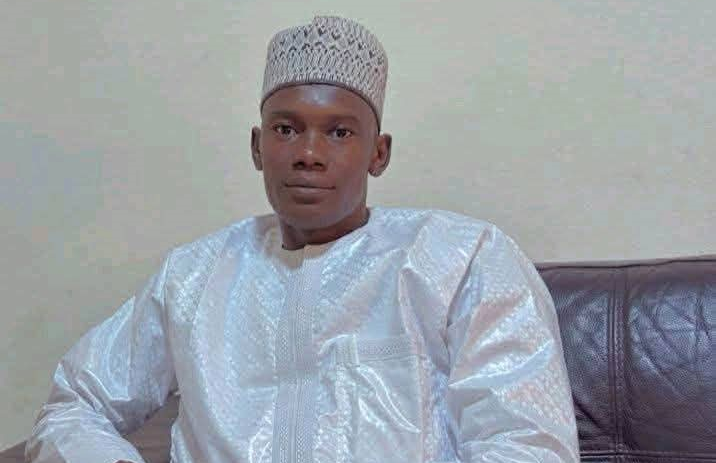YAOUNDÉ, Cameroon — Just a day after his bombshell resignation from President Paul Biya’s government, Issa Tchiroma Bakary has drawn a significant ally in Cameroon’s Grand North: Karamoko Souleymane, a former senior figure in the opposition PCRN party.
Souleymane officially resigned from the Cameroon Party for National Reconciliation (PCRN) on Tuesday, declaring his decision “difficult but necessary” in a Facebook statement. “With mixed emotions, I announce my resignation from the PCRN,” he said. “It’s time to pursue new opportunities. I wish the PCRN a bright future full of success.”
Shortly after, he declared his affiliation with Tchiroma’s FSNC party, signaling a new alliance in the politically critical northern region. A photo posted on social media showed the two flanked side-by-side—sparking speculation that a unified political front is forming under Tchiroma’s leadership in the Grand North.
Though not widely known in national circles, Souleymane is viewed as a heavyweight in Grand North politics, with deep grassroots support. His departure is seen as a blow to the PCRN, led by Cabral Libii, and a symbolic win for Tchiroma, who wants to position himself as a force in the upcoming October elections.

“Today, you made the decision we’ve seen coming. Good luck with the new political party,” one supporter commented online, underscoring Souleymane’s regional influence.
The two leaders are expected to co-headline a major rally in Garoua on June 28—an event drawing intense interest amid shifting political currents. Tchiroma’s recent resignation from the Biya government has remained the dominant political story nationwide, with many interpreting it as the beginning of the unraveling of Paul Biya’s 43-year hold on power.
Still, some critics argue Tchiroma’s moves are strategic rather than revolutionary—designed to reassert his political influence in the north, possibly to negotiate leverage in a future post-Biya political realignment.
Either way, analysts agree: the defection of Karamoko Souleymane to the FSNC cements the growing relevance of Tchiroma’s movement and adds momentum ahead of what could be a decisive moment for Cameroon’s political future.

